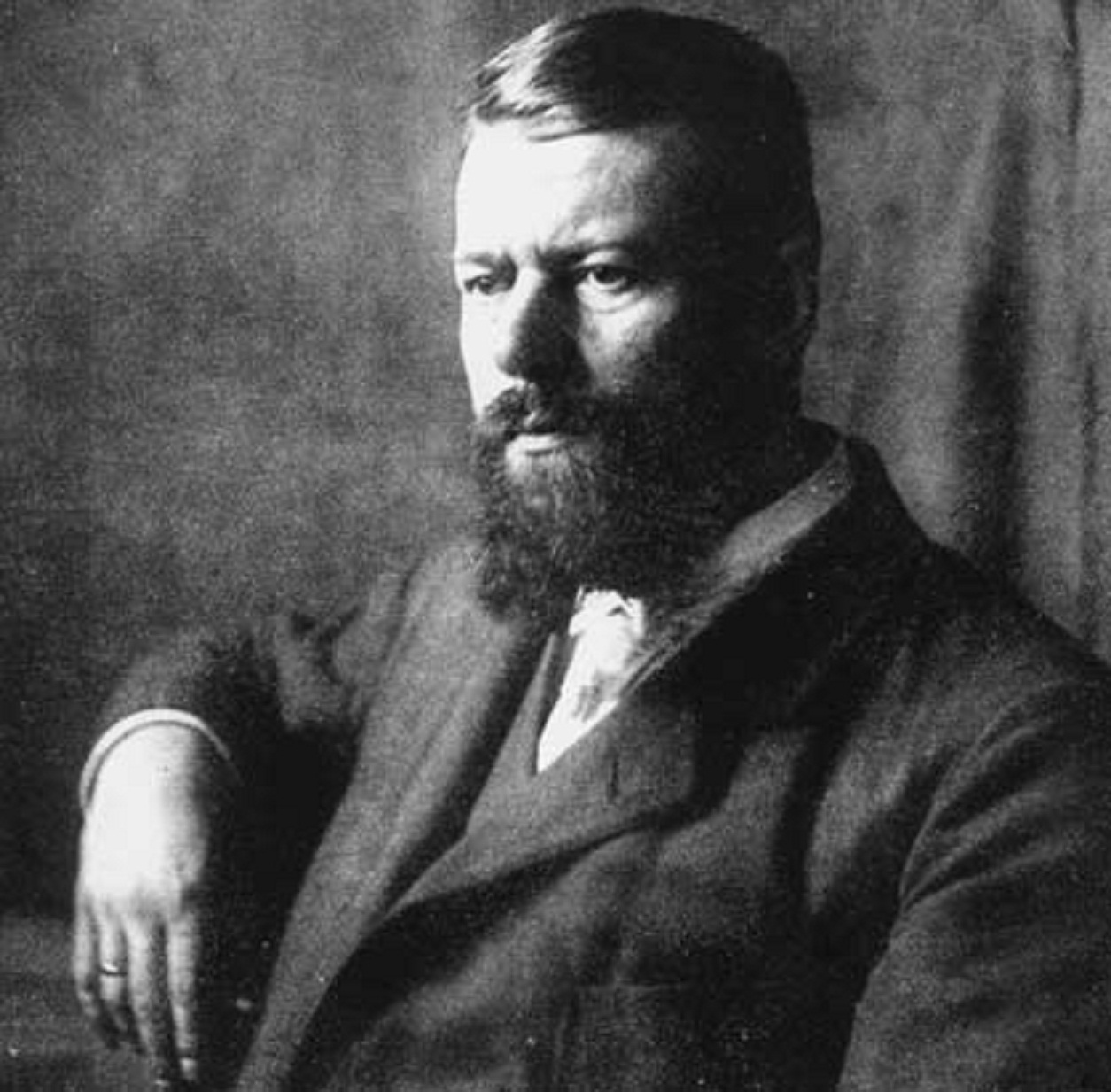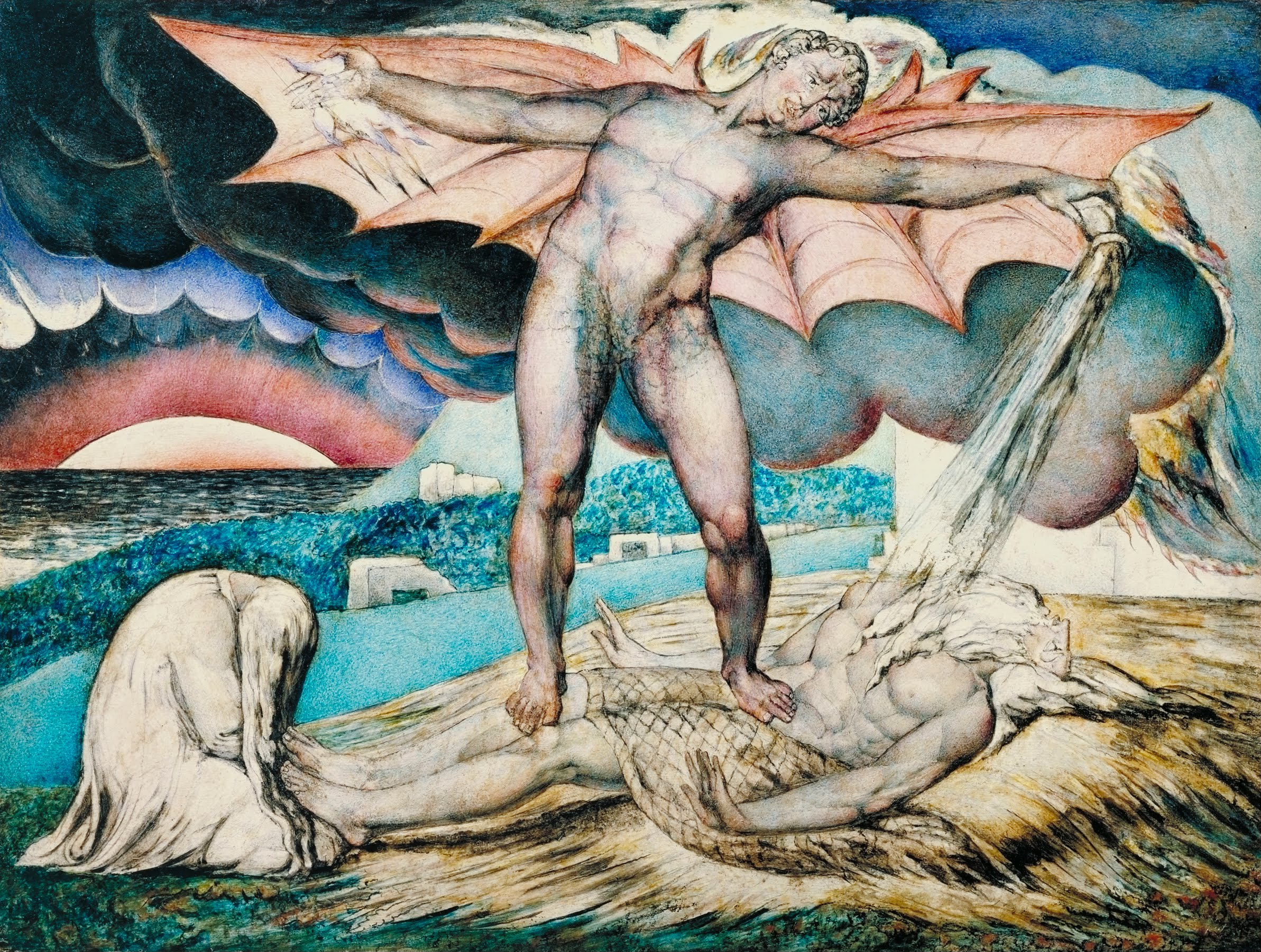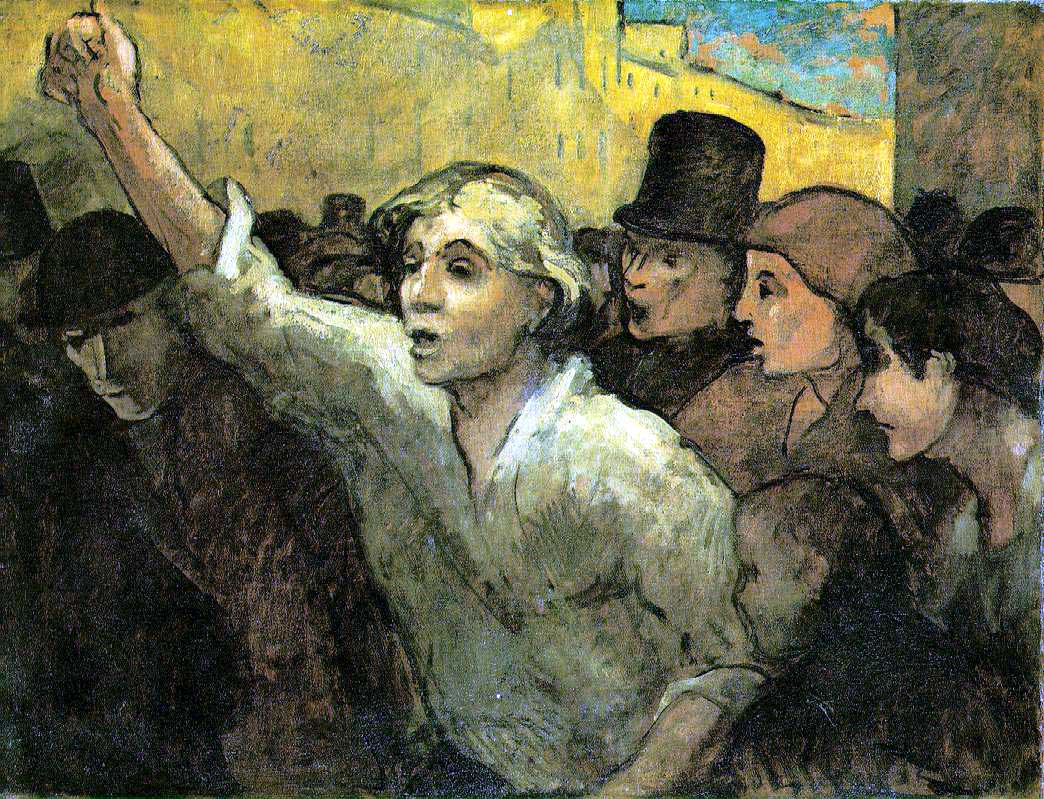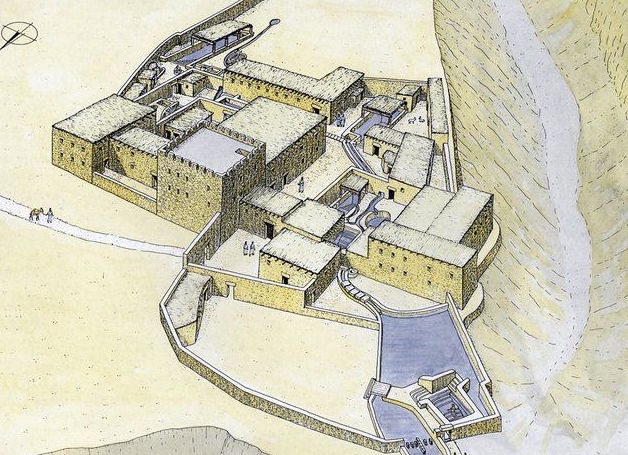This article was initially published in The New Polis, March 23, 2018. In his essay “The Failure of Nerve in the Academic Study of Religion,”[1] Donald Wiebe heralds a courageous return to the Enlightenment principles which once characterized the “science of religion,” particularly in the nineteenth century. Just a year after he first published the […]
Theory
Mischief, Idolatry, And The Demonic – Toward A Hermeneutic Of Play, Part II (Kevin Lewis)
The following is the second part in a two-part installment. The first part can be found here. III. We proceed first by a reminder of Scripture itself (which makes no claim to be taken “literally”) and, specifically, of the references to the demonic (the Devil, Satan, Beelzebub) scattered through the Synoptics, the Pauline letters, and […]
Mischief, Idolatry, And The Demonic – Toward A Hermeneutic Of Play, Part I (Kevin Lewis)
The following is the first part in a two-part installment. Biblical hermeneutics, studied reflection upon interpretation of scriptural passages, has not remained static in method or approach over the centuries. It has manifestly evolved in response to evolving cultural forces generally, as the needs and opportunities of Christian communities have changed and changed again over […]
Forging A Path From Theory To Theology – Review Essay (Matt Waggoner)
Blanton, Ward. Crockett, Clayton. Robbins, Jeffrey. Vahanian, Noëlle. An Insurrectionist Manifesto: Four New Gospels for a Radical Politics (Insurrections: Critical Studies in Religion, Politics, and Culture). New York: Columbia University Press, 2016. ISBN: 0231176236. Hardcover, paperback, e-book. We have entered a historical juncture at which it has become commonplace to offer advice to the […]
Foucault’s Disciplinary Society And The Community Rule Of Qumran (Rebekah Gordon)
Foregrounding the Problem In his 1975 work Discipline and Punish, Michel Foucault uses the lens of prison and society to examine the ways in which power structures act upon the individual. He maintains that the power and techniques of punishment depend on knowledge which, in turn, creates and categorizes individuals. He also proposes that knowledge derives its […]




